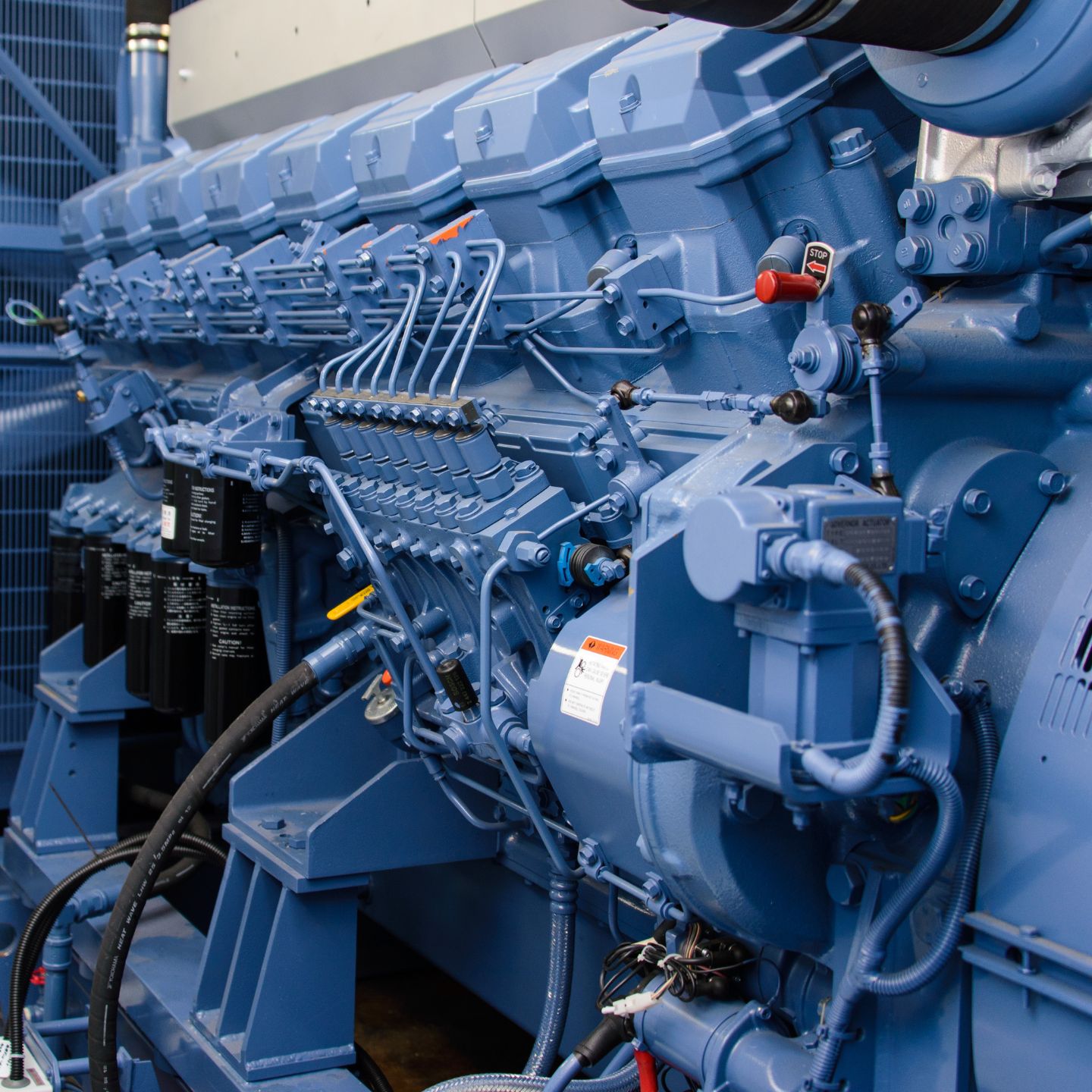
Have you ever woken up in the middle of the night to a power outage and been met with silence from your generator when you try to start it up? Then you know the frustration of a generator that won’t start when you need it most.
But have no fear. With basic troubleshooting skills, you can run your generator quickly to power essentials until the utility crew restores your regular power. Let’s walk through a few simple solutions when your generator doesn’t start to get you back in business fast so that you can sleep soundly through the next storm.
Check Your Fuel and Oil Levels
Generators don’t run on good vibes and hope; they need fuel and oil to run smoothly. Low fuel and oil levels can be two main reasons a generator won’t start. Check the fuel gauge and top up the tank if necessary. Also, verify that there’s enough oil in the unit. If the oil level is too low, the generator’s auto-shutoff function will kick in to protect the engine.
Inspect the Air Filter and Spark Plug
Checking your generator’s air filter is probably last on your list of responsibilities. However, it’s important to check your filter before every use. A clogged air filter or a faulty spark plug can stop your generator from starting. Inspect the air filter and replace it if it’s dirty. Similarly, examine the spark plug for any signs of damage, corrosion, or build-up. If required, replace the plug with a new one.
Test the Battery and Fuses
When in doubt, check the battery out. A dead battery could be the culprit behind your generator failure. Test the battery voltage and replace it if it’s not holding a charge. Look for any blown fuses, as these can also prevent your generator from booting up.
Assess the Carburetor and Fuel Lines
Gumming (when old gasoline accumulates and thickens) or clogged fuel lines can obstruct fuel flow to the engine. This issue typically occurs when the generator sits unused for long periods. Use a carburetor cleaner to remove the gumming or replace the fuel lines.
The Importance of Regular Generator Maintenance
While there are several things to do when your generator doesn’t start, understanding why regular maintenance is critical can help you avoid these issues in the first place. A well-maintained generator starts without hassle, performs efficiently, and lasts longer. Regularly inspecting your generator can help you avoid unexpected breakdowns and costly repairs and ensure you have a reliable power source when needed.
Remember, generators are a lifeline during power outages. Ensuring their reliable operation is crucial to avoid frustration and discomfort. So, follow these troubleshooting steps when your generator won’t start, and prioritize routine maintenance to keep it in top-notch condition for years.

Leave a Reply